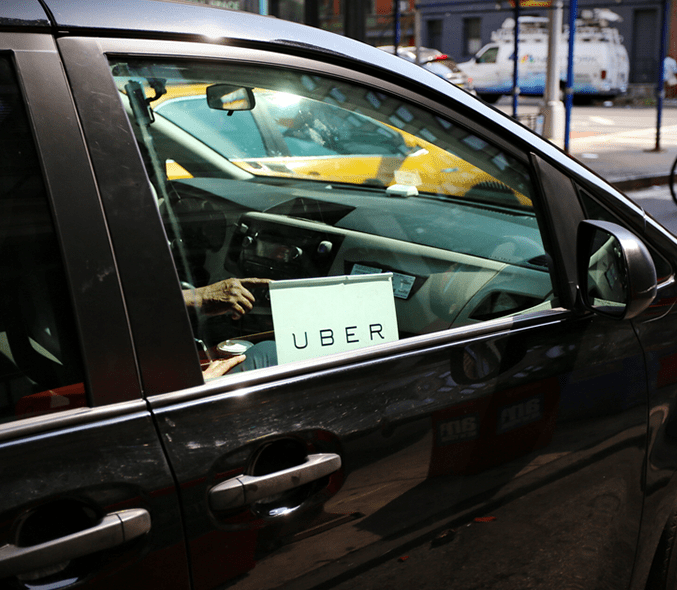
In A.M. v the Dominion of Canada General Insurance Company, 2019 CanLII58194 (ON LAT), a dispute arose over the A.M, the applicant’s Income Replacement Benefits (IRBs). He was injured on December 21, 2017 when his vehicle was rear-ended. He applied for "no-fault" accident benefits including IRBs under the Statutory Accident Benefits Schedule (SABS) from his auto insurer, Dominion.
Dominion did not dispute that A.M. met the test for IRBs under the SABS. It paid the weekly benefit commencing February 6, 2018 and ongoing. However, this dispute arose over its amount and duration.
From May 2017 until the car accident, A.M. worked part time as a production worker for Henry’s Tempeh. Under the SABS, an employee’s IRBs can be claimed either based on his employment income for the previous year, or for the four weeks prior to the accident. In this case, A.M. submitted an Employer Confirmation Form (OCF-2) from Henry’s Tempeh based on the four weeks leading to the accident. He claimed that he was entitled to $232.96, based on this information.
A.M. submitted a second OCF-2 a month after the first one, noting that he had worked as an Uber driver for the period of November 6, 2017 to February 5, 2018, earning $3,970.95. As of the hearing he had not resumed driving for Uber.
Based of the second OCF-2, Dominion claimed that A.M. was self-employed. As opposed to the either/or option for employees, the IRB calculation for self-employed applicants is always based on gross income over the previous 52 weeks. From this perspective, Dominion calculated the IRB entitlement at $127. 95 per week.
Dominion also argued that for the period following the collision until February 5, 2018, it was entitled to deduct the additional income earned from self-employment from the IRB amounts, which would entirely cancel out the IRB for that period.
LAT Adjudicator Parish found that A.M. was an employee for the purpose of calculating IRBs. She explained:
The applicant is not precluded from earning additional self-employment income. I find that, just because he earned self-employment income from Uber seven weeks prior to the accident, that fact does not establish he was self-employed at the time of the accident. There is a distinction between, on one hand, income earned as the result of being an employee and having that income supplemented by self-employment income versus, on the other hand, income earned solely through being self-employed.
She noted that A.M. had not declared any earnings from self-employment on his 2017 tax return. Therefore, his IRB could be calculated for the initial 4-day period of entitlement from December 28, 2017 (one week after the accident) until December 31, 2017. She accepted A.M.’s proposed weekly amount of $232.96.
However, A.M.’s 2018 tax information was not provided for the hearing. Also, under direct questioning, he refused to answer whether the Uber earnings in 2018 were reported for income tax purposes. Because she could not confirm the quantum of reported gross income to calculate the appropriate IRB, Adjudicator Parish held that no amounts were owing between January 1, 2018 and February 5, 2018.
Finally, because A.M. had not returned to any form of employment since February 5, 2018, Adjudicator Parish held that he was entitled to ongoing IRB payments of $232.96 per week from that time.
This is a significant decision because it supports the principle that earning additional income on the side does not disqualify an applicant as an employee under the SABS for IRB purposes - which can be beneficial to the applicant, as in this case. However, it also makes the point that undeclared income is not a factor in the calculations for better or worse. Had A.M. declared the Uber earnings, Dominion’s argument is correct that it would have cancelled out the IRB for the period. This likely influenced the adjudicator’s decision on some level.
If you have questions about this decision, your Income Replacement Benefit or other accident benefits, we are pleased to offer a free consultation. Trust the experts - Campisi LLP "Clients First, Excellence Always!"
Subscribe to our newsletter
Get free insights delivered right to your inbox
Give us your email address and we’ll send you the latest information on updates to the legal and insurance system and learn how you can make the best recovery possible.
.jpg?width=726&height=440&name=image%2013%20(1).jpg)
Recent Posts
Put our expertise to work for you.
If you or a loved one has been seriously injured, you need a personal injury lawyer who puts client care first and who also knows how to navigate the complex legal system.
Contact Us Now